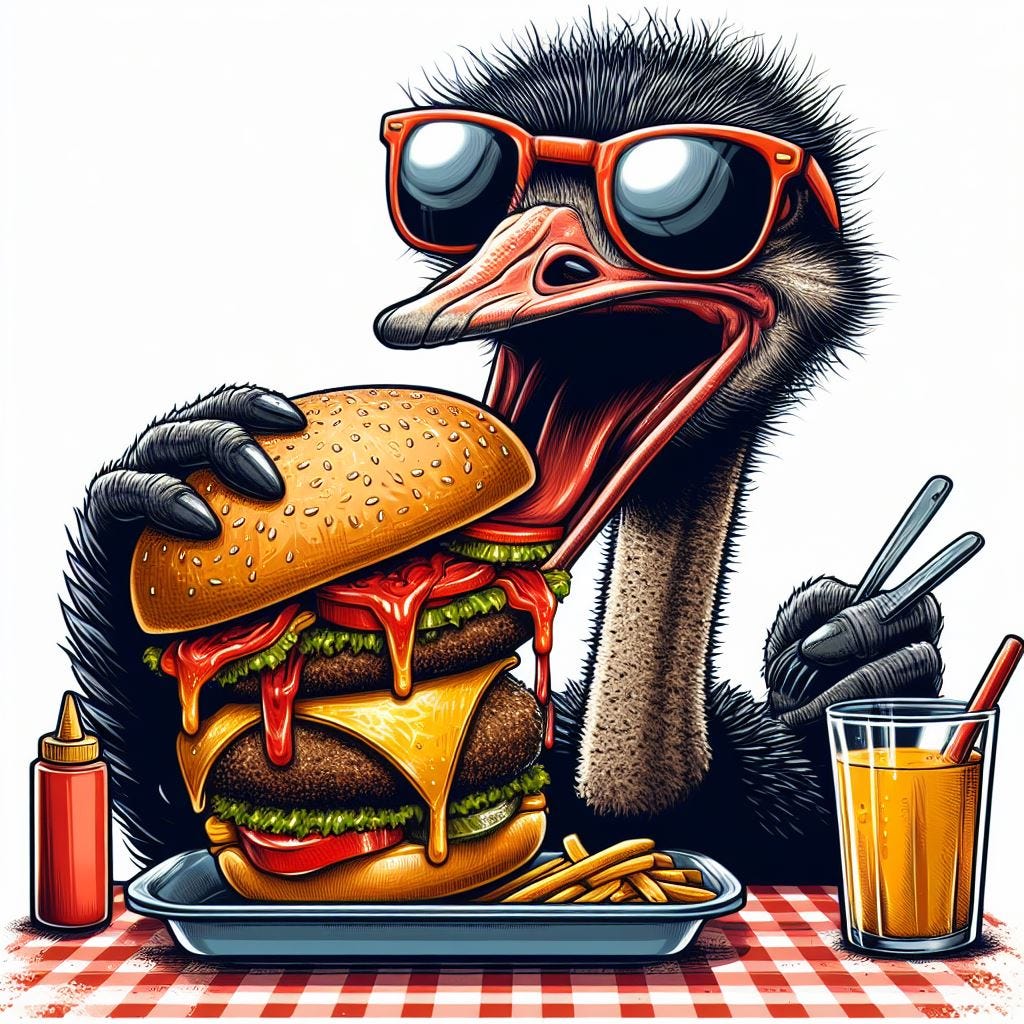OSTRICH BURGER
PROVOCATION AND THE ACTIO DE PAUPERIE
It has been said that there ‘can be few branches of the law which are more complex and confusing than the liability for damages caused by animals’.
The actio de pauperie is an action that is available to someone who has suffered damages due to the conduct of another person's domestic animal.
In South African law, the owner of a domesticated animal is liable for the damage caused by their animal. It is a strict form of liability, meaning that the liability of the owner is based on ownership alone.
Fault on the part of the owner is not a prerequisite.
Van Meyeren v Cloete (636/2019) [2020] ZASCA 100; [2020] 4 All SA 358 (SCA); 2021 (1) SA 59 (SCA) (11 September 2020)
In the Supreme Court of Appeal matter of Van Meyeren v Cloete (2020) the court explained this principle as follows:
‘the owner of a dog that attacks a person who was lawfully at the place where he was injured, and who neither provoked the attack nor by his negligence contributed to his own injury, is liable, as owner, to make good the resulting damage’.
There are certain instances where an owner may be able to escape such liability:
Where the injured party was in a place where they were not entitled to be. For example a thief who breaks into your home and is bitten by your dog; and
Where the injured party provoked the animal.
The ostrich gave chase and Burger ran for his life…
Van der Westhuizen v Burger (204/2017) [2017] ZASCA 178; 2018 (2) SA 87 (SCA) (1 December 2017)
An example of provocation is to be found in another Supreme Court of Appeal matter of Van der Westhuizen v Burger.
Burger was on Westhuizen’s farm, where he provoked an ostrich by throwing stones at it.
The ostrich gave chase and Burger ran for his life, whereafter he tripped over a piece of wood and injured his leg.
He sued Westhuizen for a few million Rands, but his claim was dismissed based on provocation.


